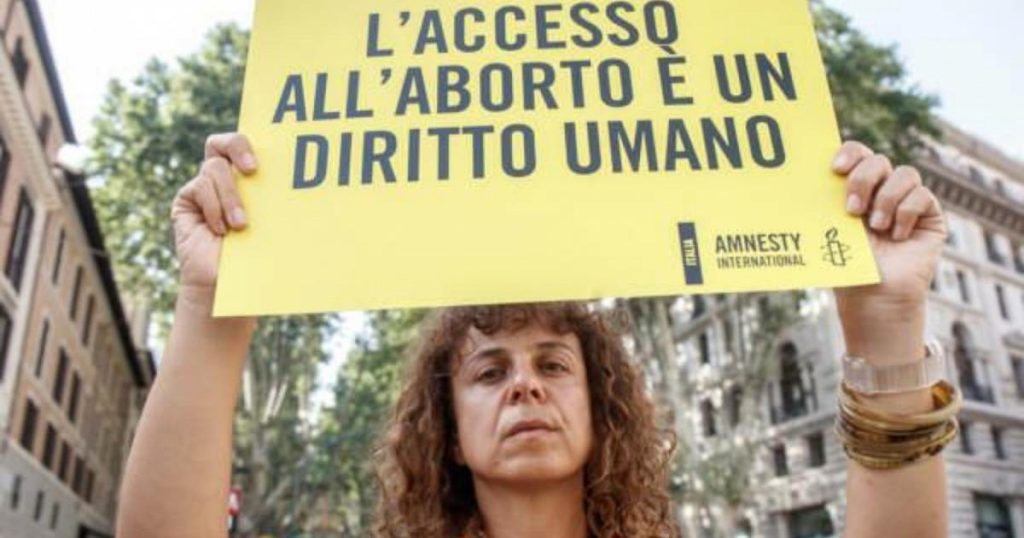The European Conference of Bishops, including the Italian Episcopal Conference (CEI), expressed negative opinions on the European Parliament’s decision to include abortion as a fundamental right in the EU Charter of Fundamental Rights. They emphasized the importance of protecting new life and supporting women in need rather than simplifying the option of ending pregnancies. Massimo Galdolfino, leader of the Family Day movement, criticized the imposition of abortion in the EU Charter, arguing that it interferes with the sovereignty of member states on ethical issues and does not respect the diverse values of European peoples.
Members of the political party Fratelli d’Italia (FdI) also opposed the European Parliament’s decision, viewing it as indicative of a concerning social agenda promoted by left-wing parties. They supported a rejected motion that aimed to prevent changes in the Charter that could infringe on human rights and exceed the EU’s competences. Antonio De Poli, president of the Udc party, condemned the culture of abortion as a form of abandoning life, affirming their commitment to promoting life and staying true to their identity and values.
In contrast, some voices expressed support for the inclusion of abortion as a fundamental right in the EU Charter. Vice President of the European Parliament, Pina Picierno, deemed the vote historic as it recognizes the importance of sexual and reproductive health rights, including the right to abortion, in the EU. Alessandro Zan echoed this sentiment, highlighting the decision as a significant step towards protecting the autonomy of European women. Former Italian politician, Laura Boldrini, praised the Parliament’s decision as historic and essential for ensuring access to abortion across Europe, particularly in regions where it is limited due to conscientious objections.
The Italian General Confederation of Labour (Cgil) recognized the European Parliament’s decision as a crucial step towards safeguarding women’s rights and autonomy, especially amidst increasing conservative movements in some European countries. They emphasized the need to uphold and implement the historic vote, emphasizing the importance of the EU as a platform for advancing rights and liberties. +Europe, represented by Carla Taibi, acknowledged the political significance of the Parliament’s decision but highlighted that the approval of a change in the EU Treaty requires the consent of all 27 member states, some of which may veto the inclusion of abortion as a fundamental right. They called for a unified approach among European nations to overcome conservative opposition and foster a more progressive and inclusive Europe.


